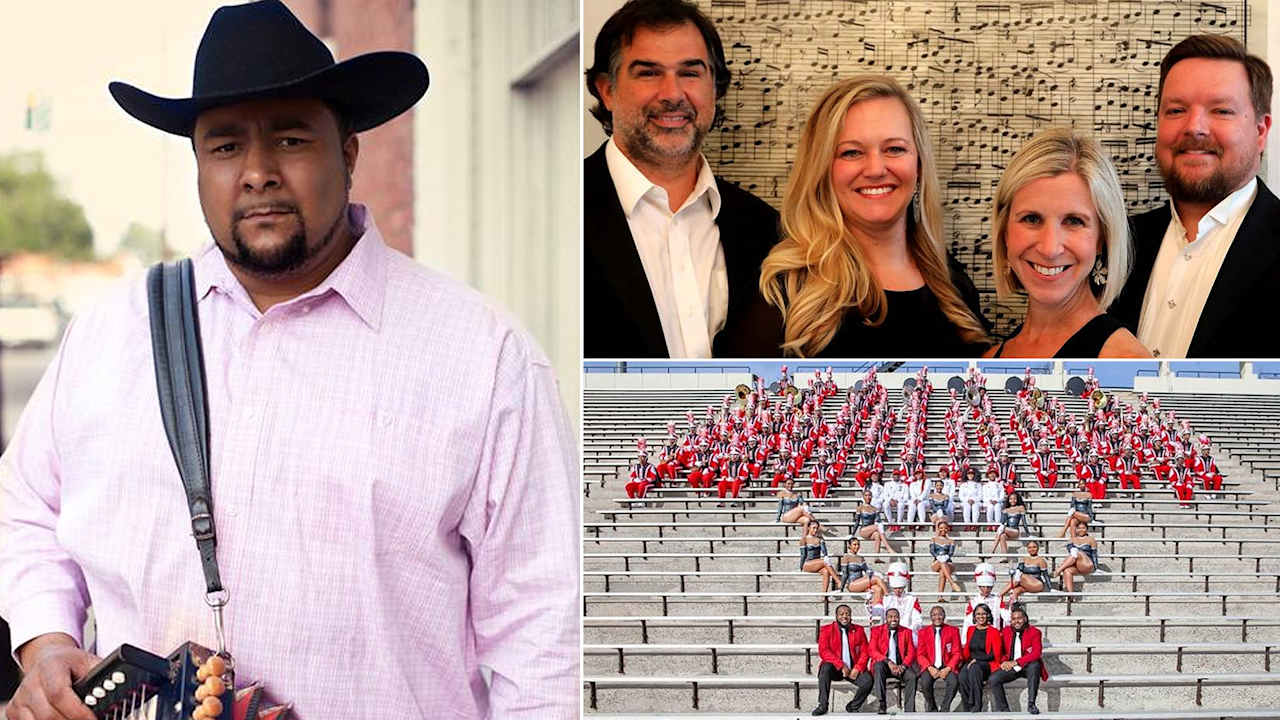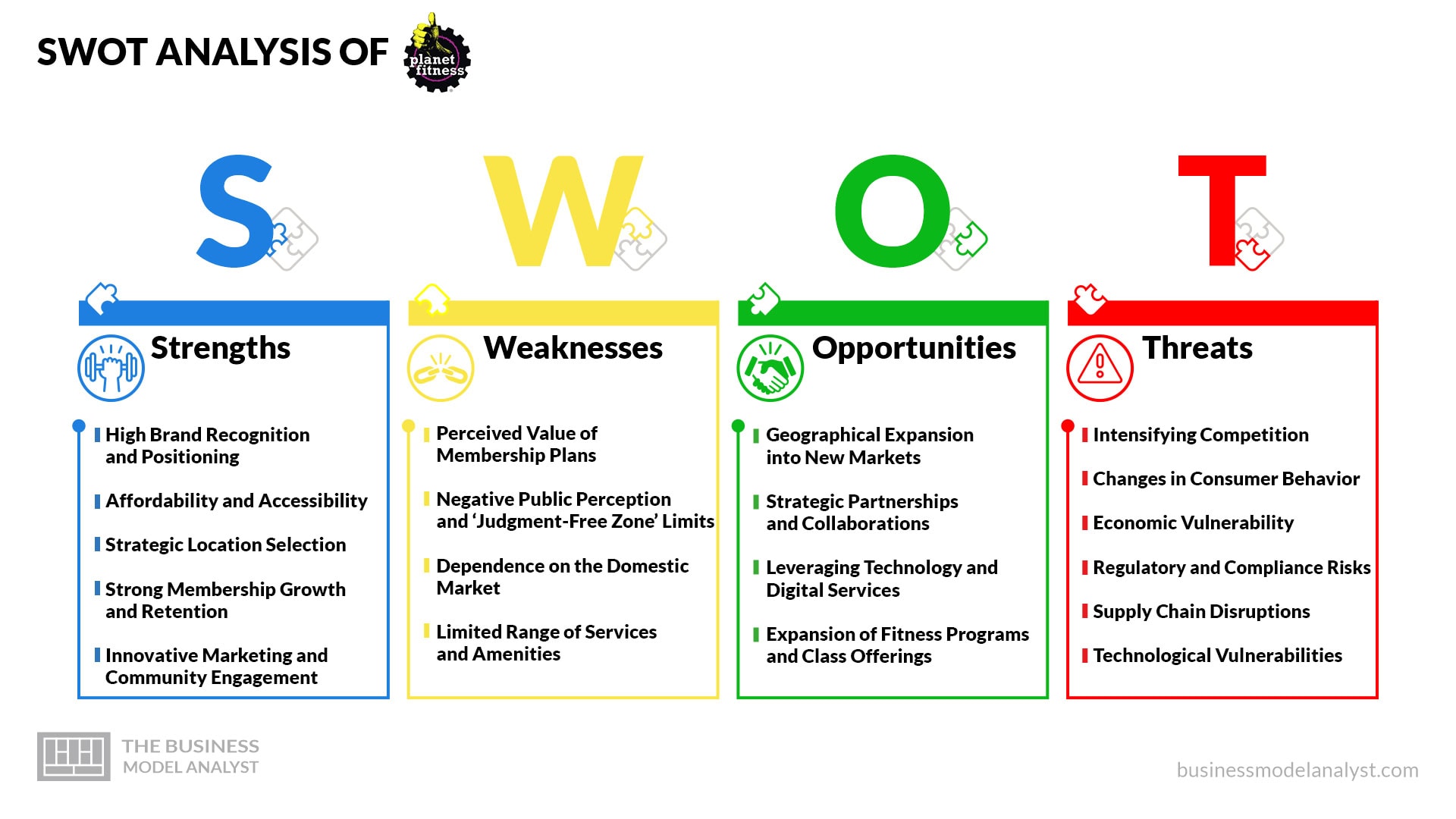Jobs
Elon Musk fuels H-1B debate, endorses post calling Americans ‘too r********’ for skilled jobs | World News – Times of India

Elon Musk, the billionaire CEO of X, SpaceX, and Tesla, has ignited a political storm after endorsing a controversial social media post suggesting Americans were too “retarded” to be hired for skilled jobs.
The post, shared by a pro-Musk account, criticized divisions within the political right over H-1B visas, saying, “The tech right is like, ‘We need H-1B visa people to do the jobs,’ and the right right is like, ‘No, you need to hire Americans.’ The tech right is like, ‘But you guys are r*****,’ and the right right is like, ‘Well, you don’t train us,’ and the tech right is like, ‘You can’t outtrain being retarded.’”
Musk replied, “That pretty much sums it up,” adding, “This was eye-opening.”
The remarks came hours after Musk defended one of his engineers accused of making racist, anti-White comments, further inflaming tensions around his views on the US workforce and immigration policies.
Ramaswamy defends foreign talent
Adding to the controversy, Vivek Ramaswamy, co-chair of President-elect Donald Trump’s newly created Department of Government Efficiency (DOGE), faced backlash for his comments attributing the lack of competitive American engineers to cultural issues. “It’s not because of an innate American IQ deficit (a lazy & wrong explanation). It all comes down to the c-word: culture,” Ramaswamy posted on social media. He criticized American societal values, stating, “Films glorify the prom queen, not the math Olympiad champ. That mindset won’t produce the best engineers.”
Ramaswamy warned that failing to address this cultural challenge could leave the US at a disadvantage. “Normalcy doesn’t cut it in a hyper-competitive global market for technical talent. If we pretend like it does, we’ll have our a**es handed to us by China,” he wrote.
Haley and MAGA base push back
Former US Ambassador Nikki Haley quickly responded, defending American culture and workers. “There is nothing wrong with American workers or American culture. All you have to do is look at the border and see how many want what we have. We should be investing in and prioritizing Americans, not foreign workers,” Haley posted on X (formerly Twitter).
The comments also deepened divisions within Trump’s base. Activist Laura Loomer criticized Indian-origin venture capitalist Sriram Krishnan, who was recently appointed as Trump’s Senior Policy Advisor on Artificial Intelligence. Loomer accused Krishnan of betraying the “America First” agenda, arguing that his support for removing country caps on green cards would disproportionately benefit workers from populous countries like India, disadvantaging American STEM graduates.
Conservative commentator Scott Greer echoed these concerns, stating, “Eliminating the country caps would allow Indians to monopolize green cards, meaning we’d get an even bigger influx of South Asians to this country. Trump supporters didn’t vote to dramatically increase Indian migration.”
Tech leaders defend immigration reforms
Amid the backlash, some prominent figures in the tech sector defended the need for skilled foreign workers. Richard Hanania, a far-right commentator, highlighted the importance of foreign talent to maintain US global competitiveness, while David Sacks, a key Trump ally, clarified that Krishnan supports a merit-based green card program rather than unrestricted immigration.
Joe Lonsdale, co-founder of Palantir Technologies, supported the reforms, saying, “We need the best and brightest to lead in AI and technology. Without that, we risk losing our edge to nations like China.”
A fractured conservative movement
As Trump prepares to take office, the escalating debate underscores a growing rift within the conservative movement. While some prioritize economic pragmatism and the role of foreign talent in bolstering the US tech sector, others remain committed to the “America First” agenda, sparking questions about how the incoming administration will reconcile these conflicting priorities.









